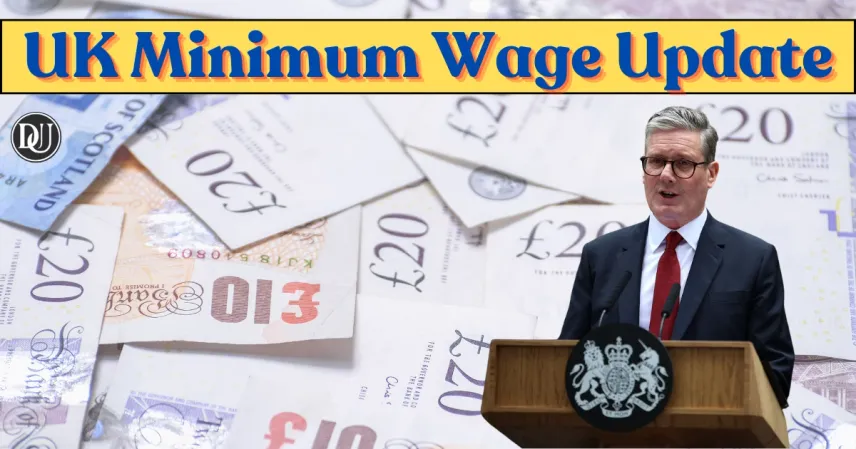In a move that could impact the lives of millions of Americans, a new bill has been proposed that aims to increase the federal minimum wage, potentially benefiting over 20 million workers. This bill, known as the Raise the Wage Act of 2025, seeks to address the longstanding issue of income inequality by raising the minimum wage in phases, with the ultimate goal of bringing it up to $15 per hour by 2027. This change could have profound effects on low-income workers, many of whom have struggled for years to make ends meet.
A Lifeline for Workers
For those working minimum wage jobs, every dollar counts. A raise in the minimum wage means more than just a paycheck increase—it means better opportunities, less financial stress, and improved living standards. Imagine a single parent working long hours in a service job. A raise could mean they can now afford to send their children to school with a nutritious lunch, or perhaps put a little extra aside for unexpected expenses. It's not just about the money; it's about the stability and security that it can bring to families.
Why Now?
The proposal to raise the minimum wage comes at a time when inflation and the rising cost of living are hitting many workers hard. With prices for everything from food to rent climbing, the current minimum wage has become increasingly inadequate. The bill’s supporters argue that adjusting the wage to meet the cost of living is not only fair but necessary for ensuring that workers are compensated appropriately for their time and effort.
A Long Overdue Change
While the idea of raising the minimum wage has been discussed for years, the 2025 bill represents a significant step forward in making that a reality. Advocates say this increase will not only help individuals but will also strengthen the economy. When workers have more disposable income, they spend it—boosting local businesses and creating a cycle of growth that benefits everyone. It’s a win-win situation, offering much-needed relief to those who need it the most while stimulating the broader economy.
The Road Ahead
Of course, the bill still needs to pass through Congress before it becomes law, and there are critics who argue that a minimum wage increase could harm businesses or lead to job cuts. However, the proposed bill has sparked an important conversation about the value of work and the need for fair pay. For the millions of Americans who are living paycheck to paycheck, this bill represents more than just a policy—it’s a symbol of hope for a future where their hard work is valued more.
As the debate continues, one thing is clear: the conversation about wages is far from over. It’s a conversation that touches on fairness, equality, and the dignity of work—and it’s one that could shape the future for millions of American workers.










